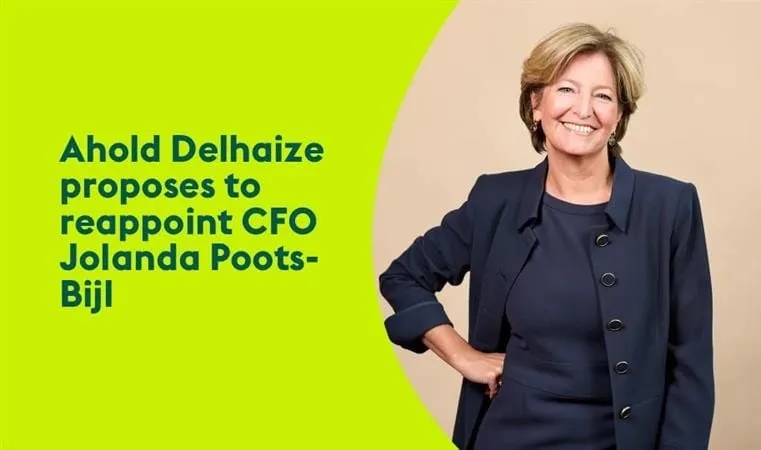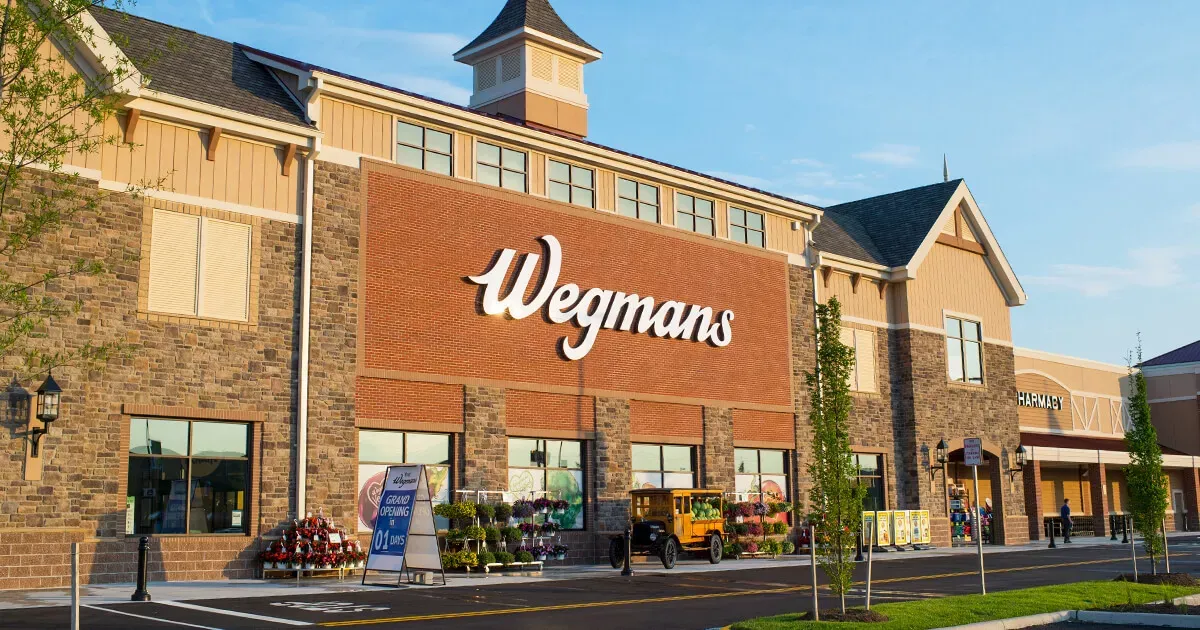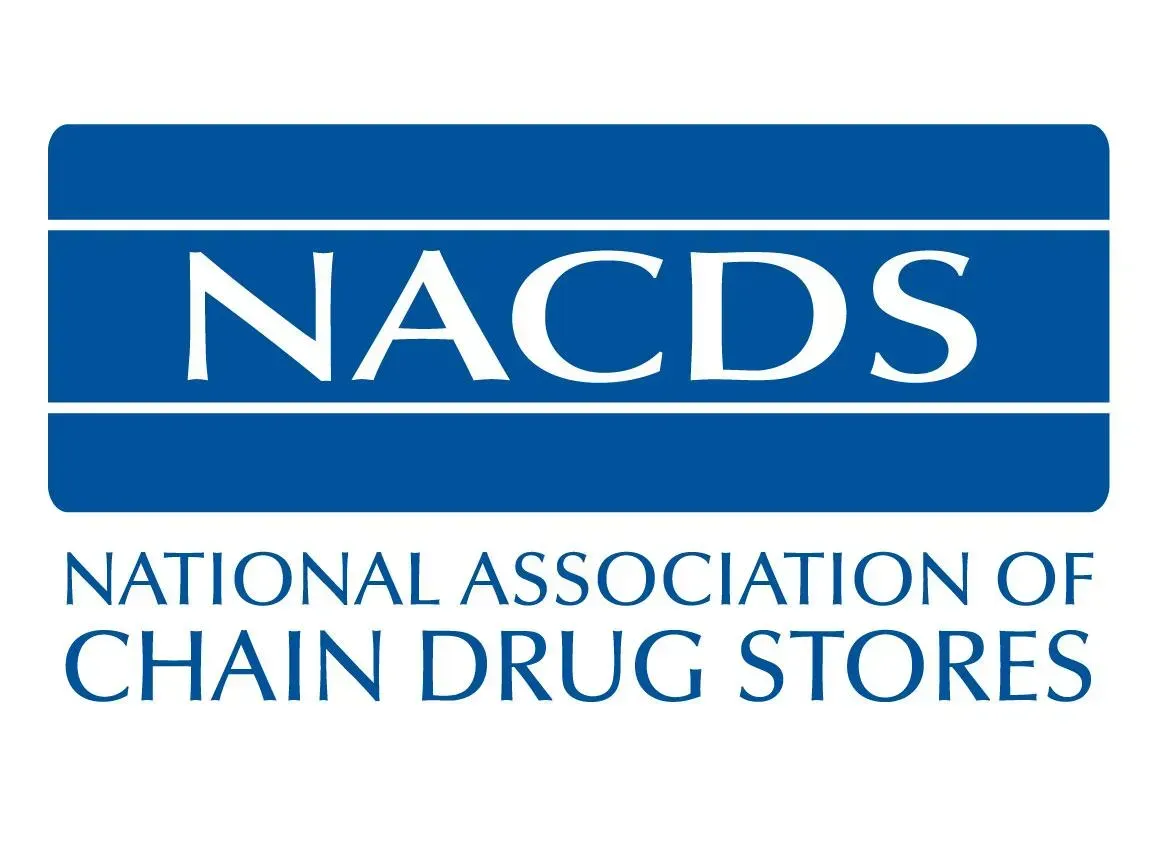Consumers care more about sustainability than retailers think they do, a new report suggests. But that doesn’t mean that retailers are ignoring the issue.
 First Insight conducted a study, in partnership with the Baker Retailing Center at the Wharton School of the University of Pennsylvania, that polled both consumers and retail executives. It found that while two-thirds of consumers say they would pay more for sustainable products, two-thirds of retailers believe consumers would not be willing to spend more for sustainable brands.
First Insight conducted a study, in partnership with the Baker Retailing Center at the Wharton School of the University of Pennsylvania, that polled both consumers and retail executives. It found that while two-thirds of consumers say they would pay more for sustainable products, two-thirds of retailers believe consumers would not be willing to spend more for sustainable brands.
“This report clearly demonstrates that retailers are leaving money on the table,”First Insight chief executive officer Greg Petro said. “Brands and retailers must listen to the voice of the customer on issues as critical as sustainability. Consumers want more than performative measures from retailers and brands when it comes to ESG priorities, which will only become more important as Gen Z grows in influence.”
Despite their instincts about consumer priorities, though, it is clear that retailers (and their suppliers) are aware that people care about the environment and climate change, and they are acting accordingly.
Earlier this month, for example, Midwestern retailer Meijer Inc. announced a goal of cutting its absolute carbon emissions by 50% by 2025.

Zach Freeze (right), senior director of strategic initiatives for sustainability at Walmart, spoke during a panel discussion at NRF 2022: Retail’s Big Show
Zach Freeze, senior director of strategic initiatives for sustainability at Walmart, explained during a panel discussion at NRF 2022: Retail’s Big Show that Walmart has pledged to be a zero emissions company by 2040, and has worked with outside partners like the World Wildlife Fund and the Nature Conservancy to determine the best ways to get there.
Business considerations are paramount, Freeze acknowledged, noting that doing something that’s both good for business and good for society is ideal.
“As long as we can do both, we feel like that really fits with how we can advance Walmart’s sustainability difference,” Freeze said. “I’m trying to show that there is business value to this. So I think making it as clear as possible that we can save money by doing this, or we can actually reduce our packaging, which would reduce cost for the customer, by doing this, that’s really a good way to get started.”
Going beyond that will only happen if consumers demand it. So any evidence that consumers do care about sustainability and are willing to pay more for sustainable products is a positive sign.






